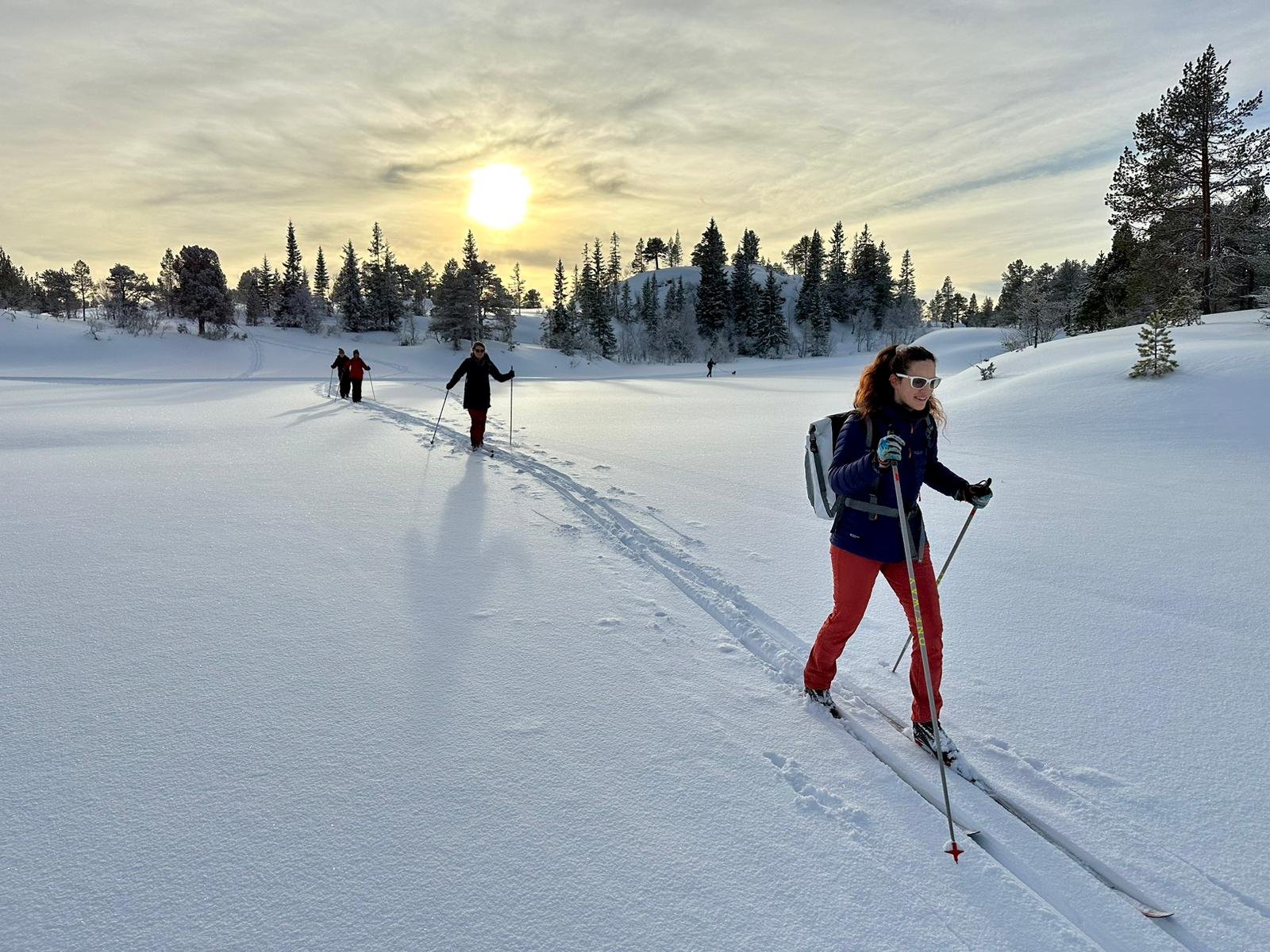By Daphne Cortese and Amelia Munson
Our postdoctoral research in Glasgow focuses on the physiological and behavioral responses of fish living in a dynamic and changing environment. We are particularly fascinated by fish social behavior and more specifically by how environmental effects on individual performance modify the behavior of group-living fish. While it is well known that there is variation in how individuals respond to environmental variation, i.e. each individual may have a different sensitivity to the environment and different optimal conditions, things may be slightly more complicated when considering the effects on groups of animals. Is each individual willing to adjust its performance and physiological needs in order to stay in a group or are individual’s actions mainly driven by individual motivation to run (or swim) after their own optimal condition?
Because of the large variation in individual performance traits across environmental conditions it can be tricky to fully answer this question. Luckily, at the International Conference of Fish Biology in Montpellier last summer (2022), we had the opportunity to discuss our research with Fredrik Jutfelt, professor at the Norwegian University of Science and Technology. Fredrik and his team have been selecting zebrafish based on their upper and lower thermal tolerance. The possibility to work on fish that have been genetically selected for environmental sensitivity seemed an excellent opportunity to test how much individual differences in performance affect social behavior. We started to brainstorm project specifics and plan a collaboration.
In January 2023 we flew to Trondheim in order to run an ambitious experiment to better understand how individual thermal tolerance affects fish social behavior. We were particularly excited to see whether acute exposure to higher temperature changed the effect of inter-individual differences in thermal maximum on social behavior. We hit the ground running, by building multiple group and individual behavioral arenas so we could run multiple trials at the same time (see the video for a better understanding of our set up!).
We were slightly worried about how we would do in the cold Norwegian winter weather but ended up having the opposite issue—studying thermal stress in fish sometimes requires running experiments in rooms heated to 40˚C! A quick trip to the mall to stock up on more shorts and t-shirts later and we were ready. We ended up collecting more than 200 hours of videos and are very excited to analyze them to better understand fish social behavior. Stay tuned to find out our results!
Our time in Trondheim has been full of rich experiences involving science and fun, including cross-country skiing and eating brown cheese and cinnamon buns. We can’t thank Shaun and Fredrik enough for this amazing opportunity and all of the Fish Ecophysiology Lab at NTNU for their warm welcome.



